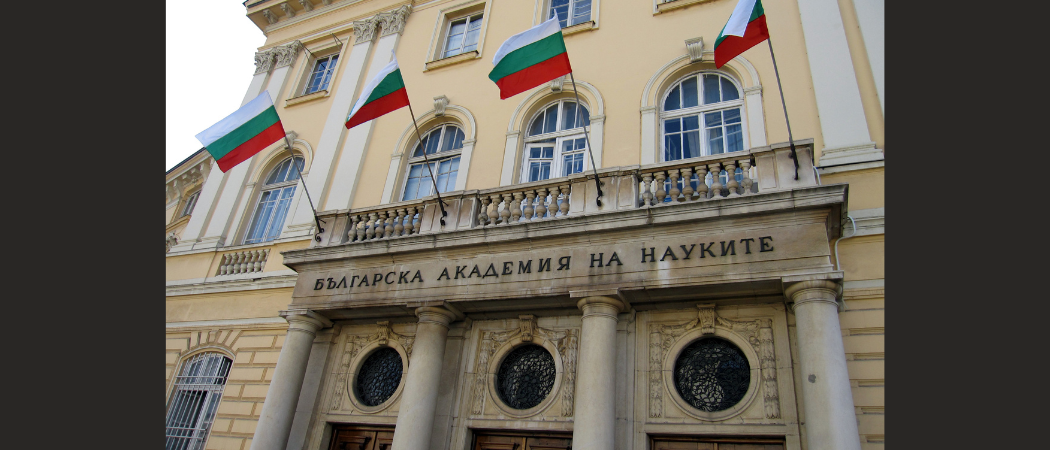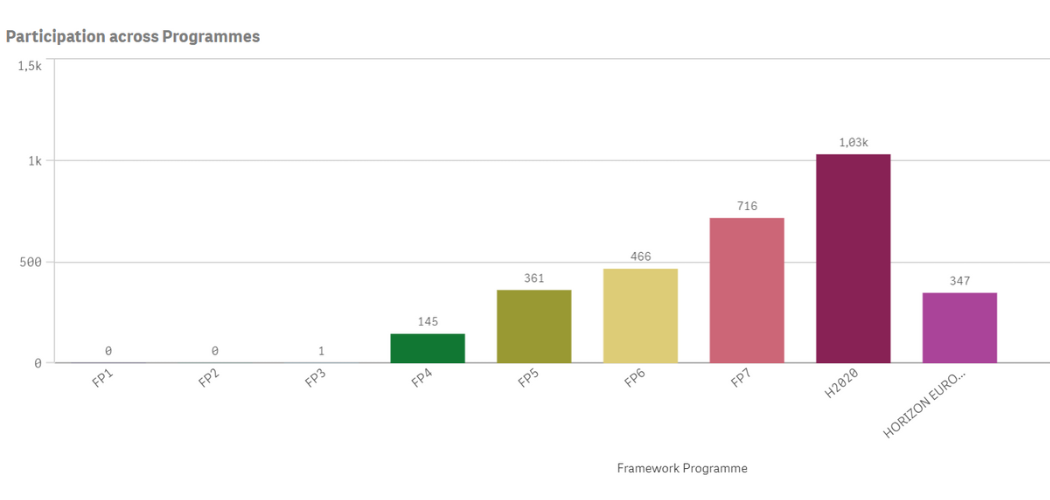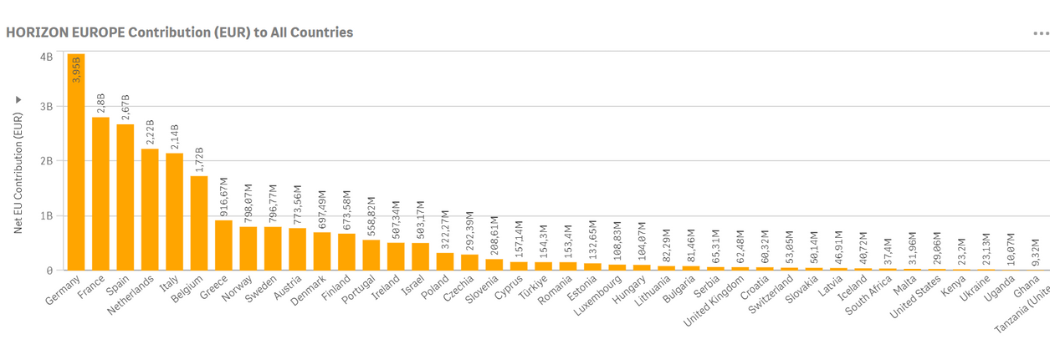As things stand, the country’s national contact points have to juggle their day jobs with helping researchers to win funding. Creating a professional network is now on the cards, but it may take some time

The Bulgarian Academy of Sciences. Photo: Flickr
Bulgaria is looking to establish a professional network of national contact points to help researchers win Horizon Europe funding, but the programme’s current coordinator says this will be a difficult process and it could be slow to set up.
As in every country eligible to win funding from the EU research programme, Bulgaria has a team of national contacts, however they have always filled the role on a voluntary basis, limiting their capacity to help.
“Most Bulgarian NCPs are scientists or civil servants and have many other responsibilities, so they often do not have much time to dedicate to the duties of supporting grant application processes, which are very demanding,” said Boyan Jekov, the national coordinator of the Bulgarian NCP network.
Now, the NCP network is in the process of being reviewed and discussions are underway to improve its efficiency. One idea is to establish a professional network under the Ministry of Education and Science and alongside this, a programme to fund the preparation of Horizon Europe proposals.
Jekov hopes this will come to fruition but thinks it will take time. “It’s an evolution, a slow process, he said. There are several reasons, including a limited budget, the administrative processes in the ministry being slow, coordination with other ministries being complicated, and the political instability that has resulted in five national elections taking place since 2021.
In the meantime, there is a lot of strain on Bulgaria’s current NCPs. “Some of them do a great job as contact persons for different parts of Horizon Europe, but most of them cannot manage the extremely great load of issues required to be a really effective NCP,” said Zornitsa Georgieva, Bulgaria’s NCP for research infrastructures, the Widening programme, ERA and nuclear fission.
“If the NCP is only an NCP and does not do any other work, their contribution and role as NCP would undoubtedly be more efficient,” she said.
The organisation of NCP networks differs in each country, but usually, they are managed through a government ministry, a research institution or a funding agency. The European Commission provides guidelines setting out the minimum standards expected, but does not stipulate a requirement to have full-time NCPs.
The fact that Bulgaria’s network does not have any full-time staff is unusual for an EU member state, although it is more common in countries from outside the bloc that have association agreements with Horizon Europe.
Ji-Hyeon Kim Vanguers, NCP coordinator for the Brussels region in Belgium, said she had thought all EU countries would have some level of professionalism in their NCP networks. “All the member states have an interest in supporting their NCPs,” she said. This is especially the case for countries with lower participation rates in Horizon Europe, such as Bulgaria. “How can they manage if they are in competition with research organisations or innovation stakeholders who are well informed, trained and supported to understand the Commission language?”
Ian Gauci Borda, Malta’s national contact point for Widening, ERA, health, and research infrastructures, was similarly surprised to find out Bulgaria’s network is made up of volunteers, noting Malta’s small team of seven NCPs are well supported.
The work of NCPs is crucial for any country’s R&I performance. “Normally when you speak to applicants, especially in countries [with lower R&I performance], they have no clue where to look for calls. I get requests from established researchers and even they don’t know. They turn to the NCP to see what is open,” Borda said. “Can you imagine the NCP who has a [full time job] and then has to look for the calls and decipher them? There are so many rules.”
Despite the lack of a professional NCP network in Bulgaria, the country’s participation in EU framework programmes is gradually increasing, as shown in graph below. Applicants’ success rate in winning Horizon Europe grants is up to 20.33%, compared to 12.67% in the previous framework programme, Horizon 2020.

However, Bulgaria still ranks among the lowest EU countries in terms of how much money it wins from Horizon Europe. So far, researchers in the country have been awarded just over €80 million from the programme, ahead of only Croatia, Slovakia, Latvia and Malta.

Having a professional NCP network is not the only factor needed to solve this, Vanguers said, but “especially for these lower performing countries, they deserve stronger support”.





 A unique international forum for public research organisations and companies to connect their external engagement with strategic interests around their R&D system.
A unique international forum for public research organisations and companies to connect their external engagement with strategic interests around their R&D system.